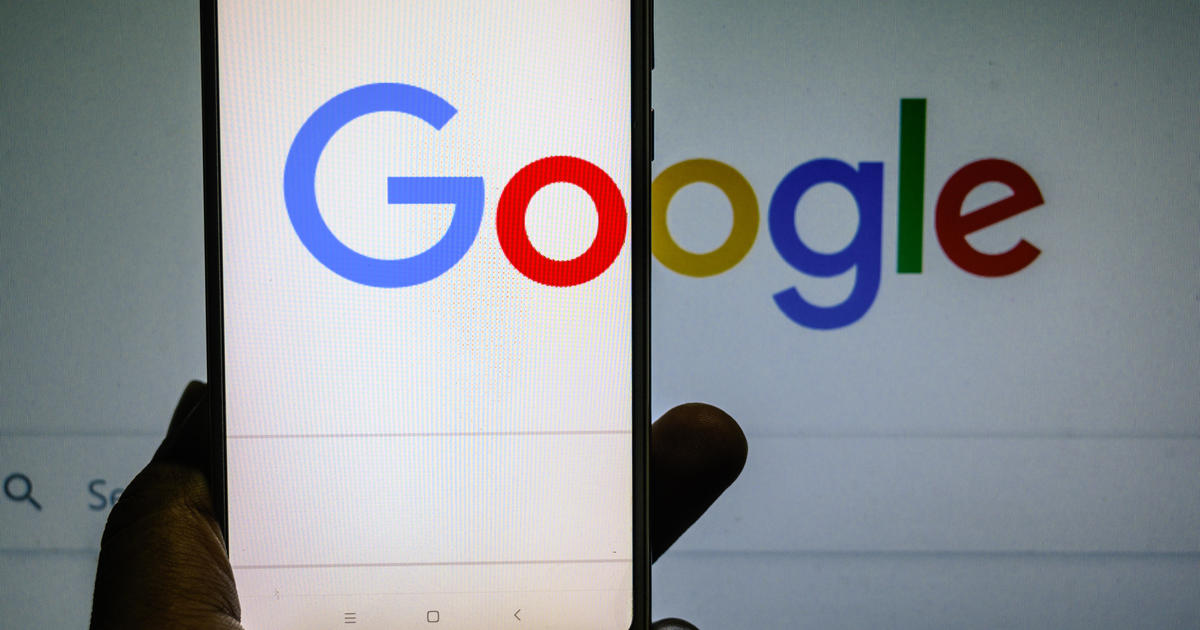Good Question: Why Do We Feel More Tired When The Seasons Change?
MINNEAPOLIS (WCCO) – If you're feeling a little sluggish this time of year, you're not alone.
Karina from St. Paul has been feeling more sleepy than usual. And when she's brought it up to her parents, they've always told her it's the change in the weather.
"My classmates say the same thing, my co-workers say the same thing, I'm just so tired," she said. "So, it can't just be me."
So, she wrote to WCCO to ask: Why do we feel more tired when the seasons change?
Dr. Michael Howell, a sleep specialist with the University of Minnesota says changes in the sunlight create changes in our body's natural rhythm.
"There's a special circuit from your eyeball that goes directly to your brain that picks up sunlight, and the most important signal is sunlight in the morning," he said. "That sunlight in the morning helps wake you up, but helps keep you awake all day long."
The average person wakes up between 6 a.m. and 7 a.m.
Two weeks ago, the first signs of daylight – or civil twilight – came at 6:36 a.m.
Now, on Oct. 9, it's 6:52 a.m.
Howell says our bodies have summertime and wintertime clocks that are determined by our exposure to the sunlight. Most artificial light in the morning won't do the trick.
Many families are also sleeping fewer hours in the fall because of earlier wake-up times for school.
Fall also brings colder temperatures that can change our behavior. We're less likely to work out in the cooler weather, but rather hunker down at home.
"Physical activity maintains physical alertness," Howell said.
He says most people's bodies will adjust to the changes in sunlight within a few weeks.
But, if it's causing major problems, he recommends sleeping in a little later to wake up with more sunlight or using an artificial lightbox specifically made treat seasonal affective disorder.



